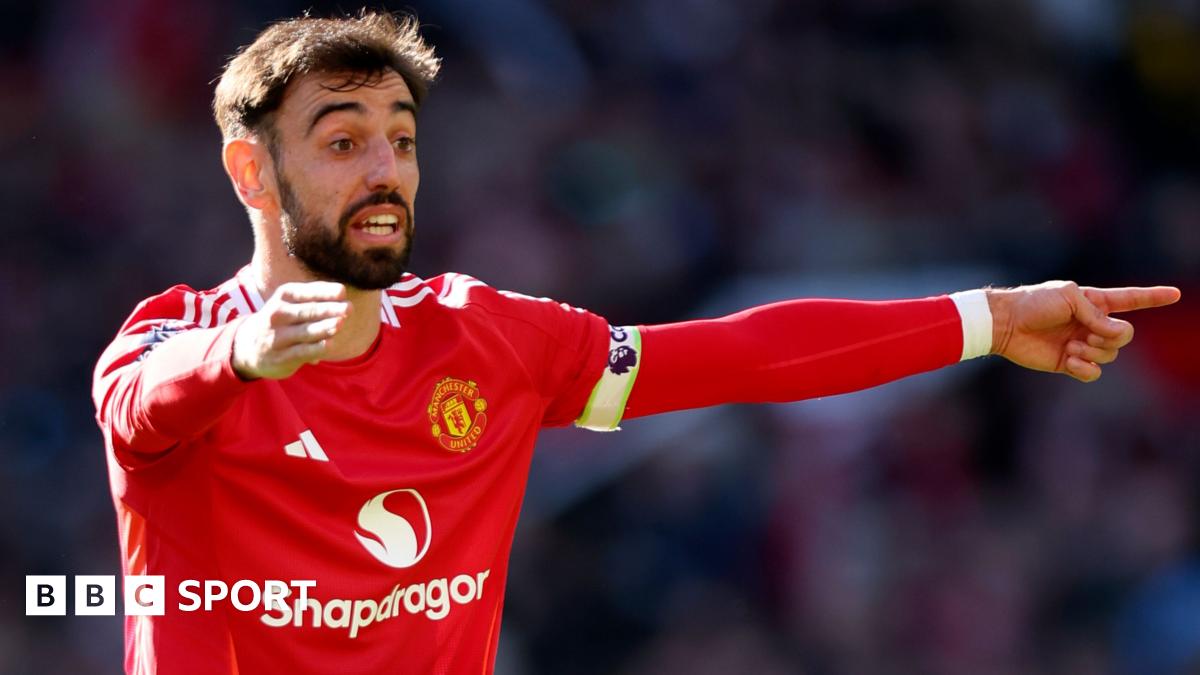First, to address Neville’s comments directly – are players now “robotic” and unable to take risks?
Certainly the stats indicate the average Premier League match is now more focused on passing rather than taking an opposition player on.
This season, according to Opta, there has been an average of 897 passes per game, approaching the record of 945 set in 2020-21.
Compare this to an average of 34.7 dribbles being attempted per game, which is the lowest in the Premier League since 2018-19. Of the dribbles attempted, only 46% have been completed – indicating players are not so used to trying to take defenders on.
There have only been 24 crosses per game too, forming part of a major downward trend in the league over the past two decades – that figure was as high as 42 per game in 2003-04.
This can, in part, be put down to Manchester City – as the most successful Premier League side of recent years until this season, their pass-heavy style under Pep Guardiola has influenced the division.
“I was brainwashed by Guardiola, but in a good way,” former City player Danilo recently told The Guardian., external It was like I was at university. It’s not that I was an idiot before I arrived at Manchester City, but I realised that I played football in completely the wrong way.”
Which raises a key counterpoint to Neville’s view, as voiced by Chris Sutton on the BBC’s Monday Night Club.
“What’s the difference between coaching and micro-management?” Sutton asked. “When Man City were on top of the game they had a style of play and a freedom. Everybody has a role to play, but Guardiola will not put anyone in a straitjacket.”
Teams keeping possession has helped remedy somewhat one of the persistent ills in the Premier League of recent seasons – the low amount of time the ball has actually been active during a game.
The ball this season has been in play during games for an average of just over 57 minutes – less than two-thirds of the game, but still part of what has generally been a steady upwards trend in the Premier League since the nadir of 2009-10, when the ball was active for an average of just 53 minutes and 25 seconds.
According to Opta, there have been 27,719 separate delays to play in the Premier League this season totalling nearly four hours – although this is significantly down on last season, when just over 11 hours of play was lost.
Read full article at source
Stay informed about this story by subscribing to our regular Newsletter



